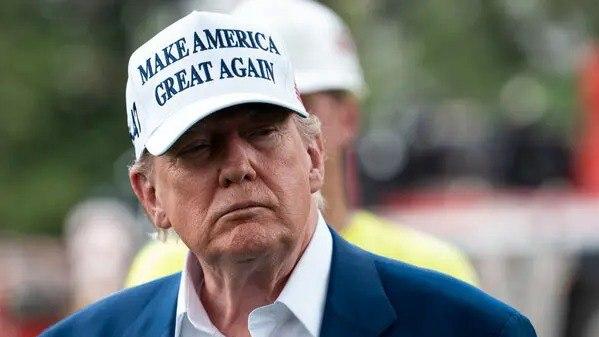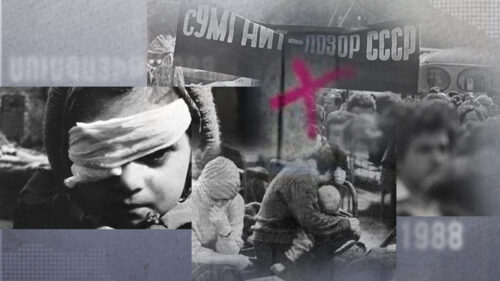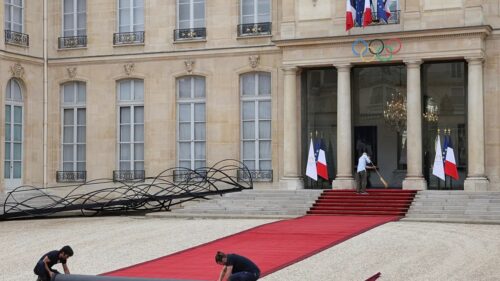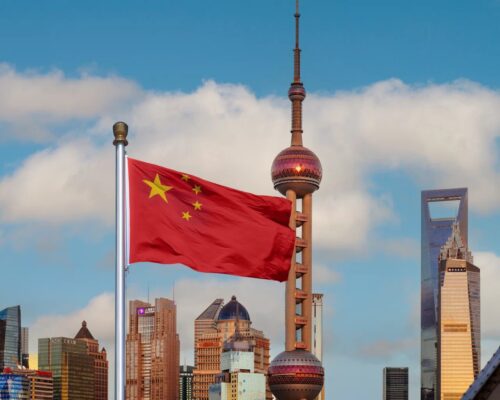
Trump on lifting sanctions on Iran at opportune time
U.S. President Donald Trump has said he would like to lift unilateral U.S. sanctions against Iran at an opportune time. Trump said this during a meeting with Israeli Prime Minister Benjamin Netanyahu at the White House. “We have very painful sanctions on Iran. And I would like to be able to lift those sanctions at an opportune time, to give the Iranian people a chance to recover,” Trump said.
U.S. Special Envoy Steve Witkoff, in turn, announced that U.S.-Iran talks will most likely take place next week.
Disputes with Moscow also have international benefits. Azerbaijan has long sought to position itself in the West as a reliable energy partner and a stable secular force in the region. But that image is constantly undermined by waves of domestic repression. The current friction with the Kremlin is helping to shift the West’s focus from Baku’s domestic abuses to its “independent” and even “anti-Russian” position.
The standoff with Moscow is designed to show that Azerbaijan is not in fact an authoritarian ally of Russia, but a strategic partner of the West in the global confrontation with Russia, especially in the energy sector. Accordingly, it would be wiser for Brussels and Washington to turn a blind eye to the internal problems of a country that is so useful to them. Baku’s statements in support of Ukraine, and Aliyev’s recent phone call with Ukrainian President Volodymyr Zelensky were aimed at shoring up this image.
At the same time, the confrontation between Baku and Moscow, which so far has not gone beyond rhetoric and individual arrests, does not pose serious risks for Baku. Russia remains preoccupied with other issues entirely, and prefers to wait out the crisis in the hope that the escalation is temporary. The Kremlin has barely even reacted to the arrests and beatings of Russian nationals in Azerbaijan, and has blamed Ukraine for this “temporary” conflict between the two countries.
Taking advantage of Moscow’s passivity, Aliyev is trying to show that he can talk to it on equal terms, while remaining cautious enough to keep the conflict from spiraling out of control.
In other words, the two sides can easily drop the hostile rhetoric if necessary and continue as if nothing had happened. Aliyev has neither the opportunity nor, apparently, any desire to take this conflict any further. Baku cannot afford a full-fledged break with Moscow: Azerbaijan’s economy is too closely tied to Russia’s.
By falling out with the Kremlin, Azerbaijan’s authorities are trying to score points both at home and internationally—but all within boundaries that allow Russia to remain a key economic partner. In this regard, Azerbaijani foreign policy bears a growing resemblance to that of Turkey: aggressive demarches followed by fresh rapprochements, conflicts without severing relations, and maneuvering between various blocs.
The current standoff, therefore, will likely die down without any lasting impact on the two countries’ relations, just like the dispute over the downed plane. But the very fact that such maneuvering has become possible in relations with Moscow speaks volumes. In the South Caucasus, Russia is becoming seen less and less as a force to be reckoned with, and it will be far more difficult for the Kremlin to restore its reputation in the region.



